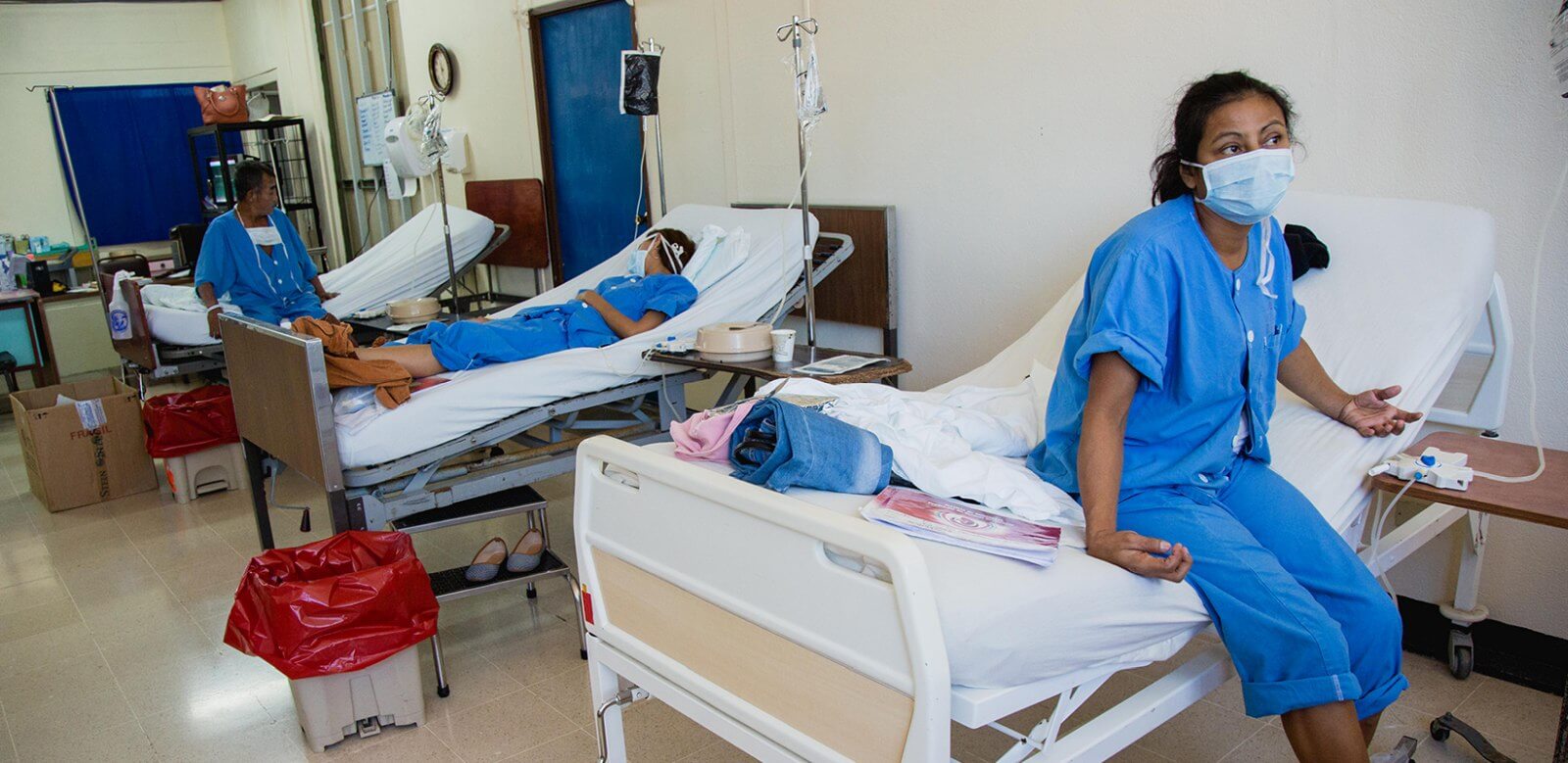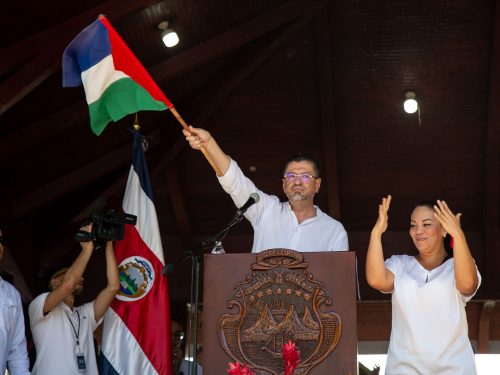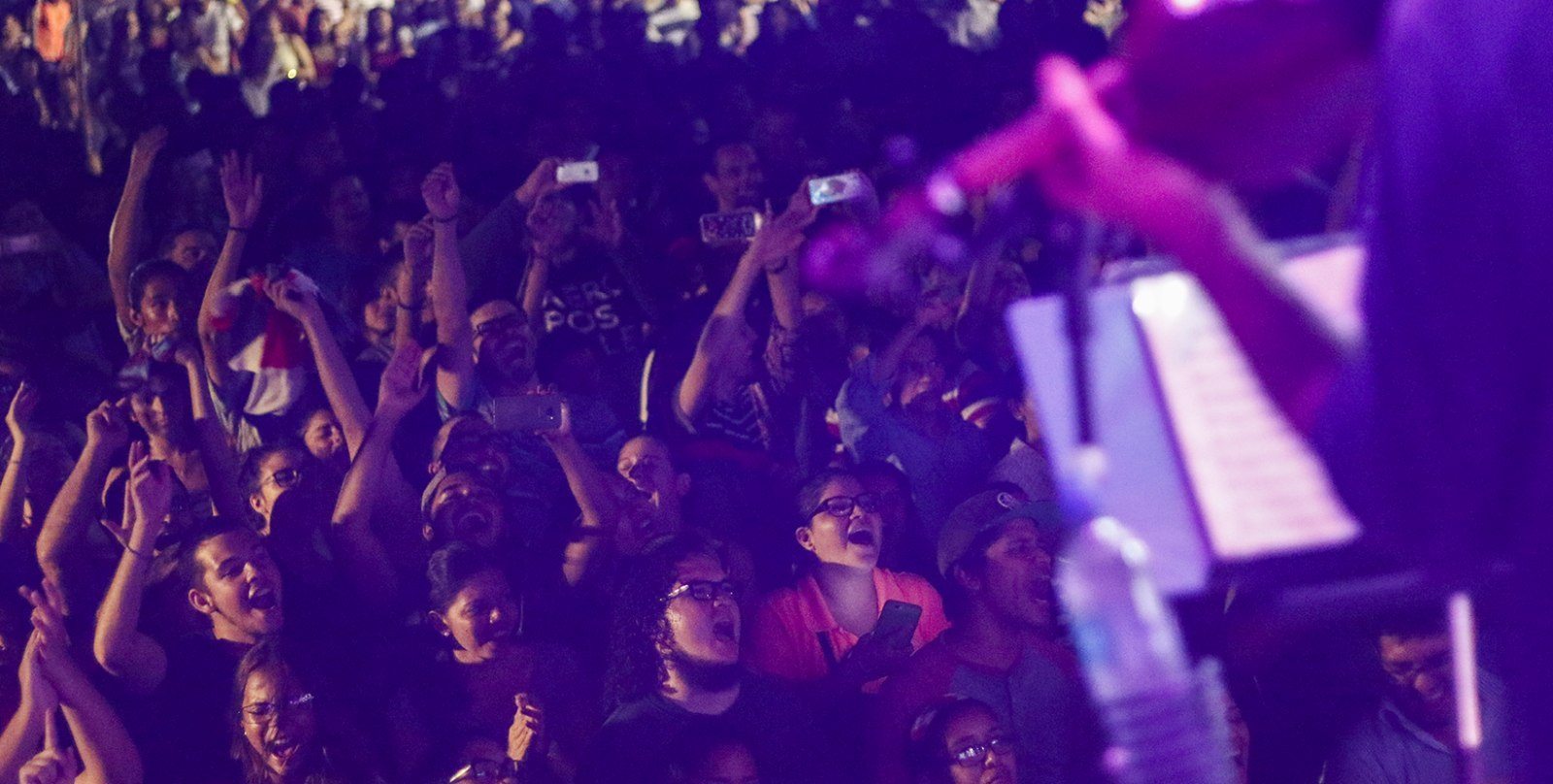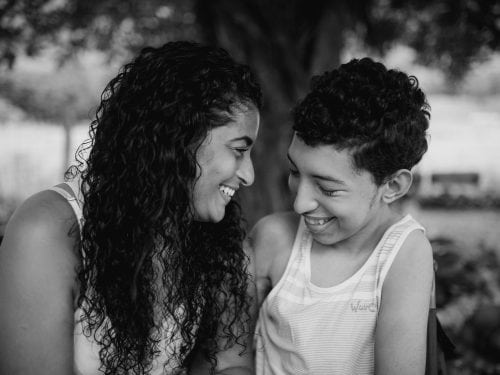
In our February edition we told three stories about abandon and others about success. One of the stories that fills us with the most anguish is that of Inés Fernández, a Guanacastecan woman who is fighting a disease that grew in her kidneys and that she will never be rid of. Inés travels from La Cruz to Liberia four times per week to rid herself of toxins in the blood at the hospital while she awaits a death that could come in the next few years.
Doctor Hugo Delgado, in charge of the dialysis unit at the La Anexion Hospital in Nicoya, says that these patients could live for up to 10 years, but that hope is really more like a utopia when we are talking about Guanacaste, where the majority of patients live in conditions of poverty, never had a job with medical insurance, and spend more time at the hospital than in their homes.
If Miss Inés had ¢2 million ($3,570) to install in her house an ambulatory dialysis system she might not live longer than a few more years, but she may live better. She wouldn’t have to spend more than eight hours a week in an ambulance and she could spend more time at home, with her children.
Obviously, it’s not only her: there are more than 1,000 people in this condition in Guanacaste and who need help. Many of them will join each other in a non-profit association this year that will seek out companies that donate at least a part of what they need in order to take care of their own dialysis treatment in their own homes.
What most concerns us is that this fight isn’t new. The Voice of Guanacaste has reported about the problems of people with chronic kidney disease since 2013 and universities started to study long before that. But it seems that Guanacastecans have normalized it and we didn’t go beyond a “poor thing” as we followed by the letter the most selfish saying in history: “everyone in their own home and God in each one of them.”
Waiting for the Estate (which, in fact, shares a large part of the responsibility) to take action in the matter is the easiest decision, but it’s the one that least helps us grow as a province, as citizens and as business people.
Why are we so proud of being Guanacastecans if we are forgetting about the people who need us? A Guanacastecan isn’t worth less because of their health conditions, race, sexual orientation or gender, but even those of us who embrace this phrase as our banner end up speaking only words and we don’t apply it to our daily lives through actions. Our worst demon is selfishness. Are we willing to change that?







Comments